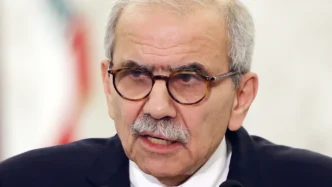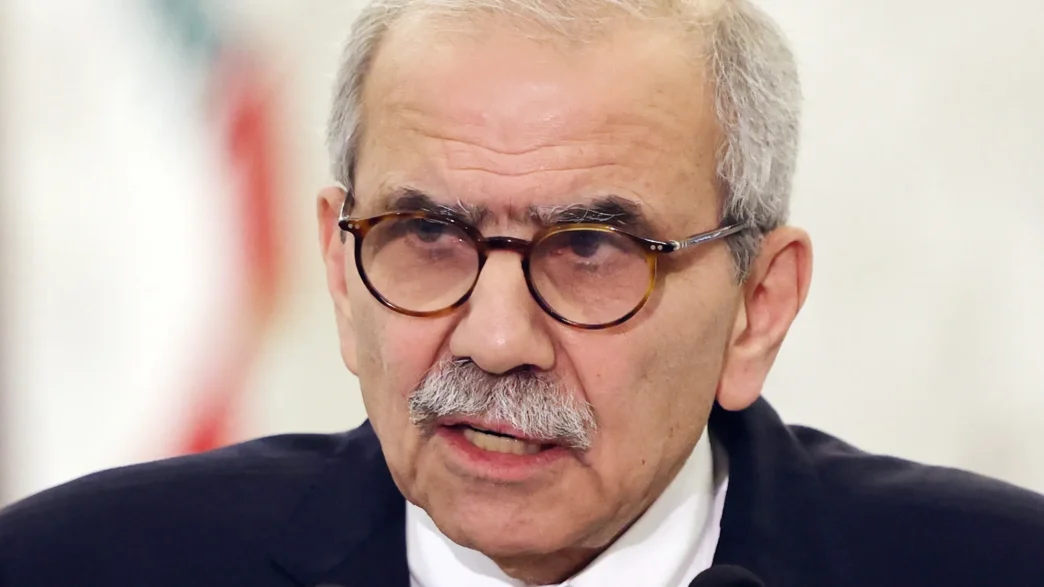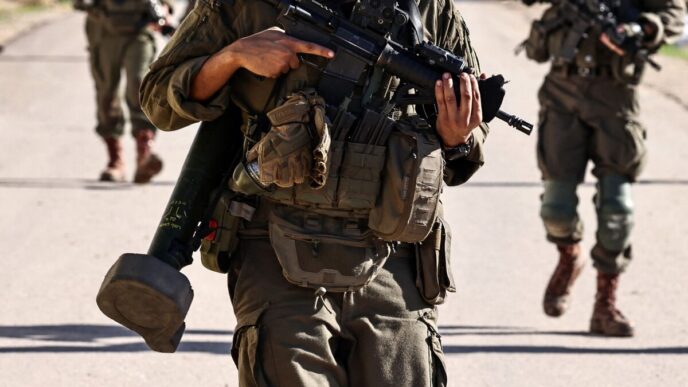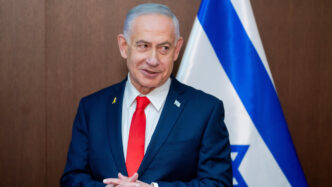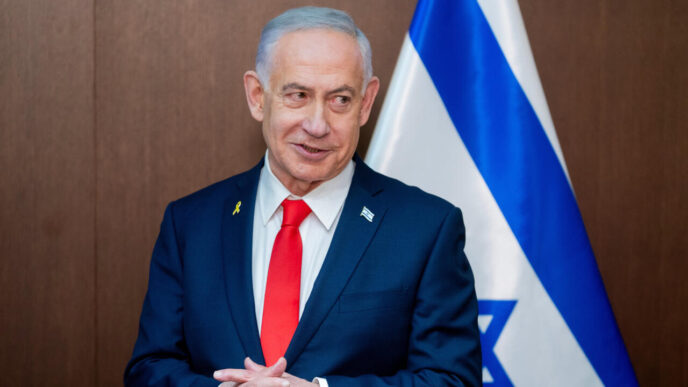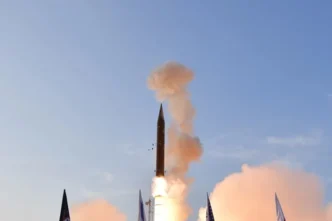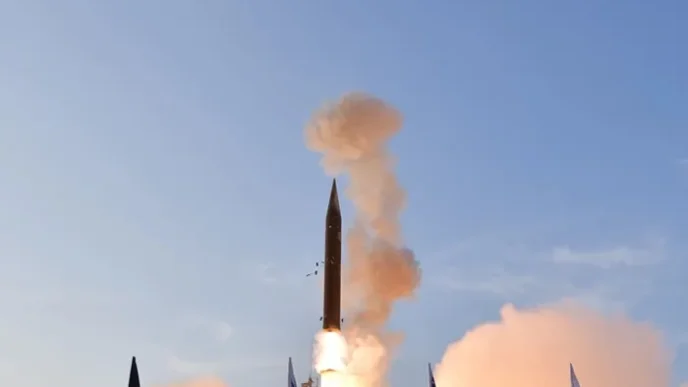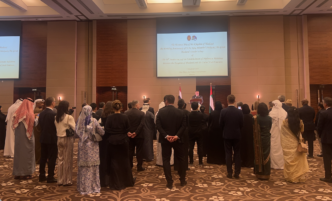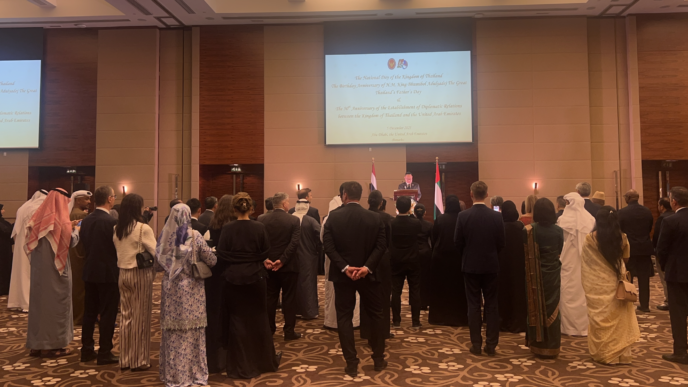Lebanon’s political leadership is launching a renewed diplomatic effort to prevent a broader regional conflict, with Prime Minister Najib Mikati preparing to formally seek U.S. assistance to bring Israel into direct talks aimed at stabilizing the volatile southern border. After months of escalating clashes between Hezbollah and the Israeli military, Beirut views American mediation as the only viable path to de-escalation and to preventing Lebanon from being dragged into a full-scale war.
The move comes amid mounting domestic pressure, growing humanitarian concerns, and fears that a continued tit-for-tat exchange along the Blue Line could ignite a conflict with catastrophic consequences for Lebanon’s fragile economy and already-strained infrastructure.
A Diplomatic Gamble in a Time of Crisis
Lebanon’s government has been walking a tightrope since the beginning of the Gaza war, caught between the demands of international partners urging restraint and the realities of Hezbollah’s military confrontations with Israel. Mikati’s initiative to seek U.S. engagement reflects an urgent recognition: without external pressure—especially from Washington—Israel is unlikely to enter negotiations with Lebanon or entertain discussions on border arrangements.
Lebanon’s officials argue that direct talks are necessary for three key reasons:
- Preventing escalation into a regional war
- Creating a political framework to reduce cross-border attacks
- Stabilizing southern communities devastated by displacement and shelling
The stakes are enormous. Tens of thousands of residents on both sides of the border have already evacuated their homes. Farmland and towns have suffered extensive damage, and international observers warn that the current situation is unsustainable.
Washington as the Essential Intermediary
The United States remains the only power with both the diplomatic leverage and the military influence necessary to bring Israel to the table. American envoys—most notably U.S. Envoy Amos Hochstein—have previously played pivotal roles in resolving border disputes, such as the landmark 2022 maritime agreement between Lebanon and Israel.
Lebanon hopes to replicate that success.
Mikati’s diplomatic outreach centers on the belief that Washington could pressure Israel to agree to:
- A package of border security measures
- A phased reduction in military operations
- A framework for longer-term negotiations on territorial and security arrangements
For Washington, stabilizing the Lebanon-Israel frontier aligns with broader strategic goals: preventing Hezbollah from opening a northern front, preserving regional energy infrastructure, and managing the fallout of the Gaza conflict.
Hezbollah’s Position Will Shape the Outcome
Any talks coordinated by Beirut must contend with Hezbollah’s dominant role in Lebanon’s security landscape. Although the Lebanese government manages diplomatic channels, Hezbollah controls military decision-making in the south. Its ongoing rocket launches, drone strikes, and anti-tank missile operations are calibrated responses to developments in Gaza, not directives from Beirut.
Hezbollah has stated that it will not cease fire unless Israel ends its campaign in Gaza—a condition that complicates Lebanese diplomatic initiatives. The group, however, has also signaled openness to long-term border arrangements once the war ends, including potential adjustments to the 2006 ceasefire terms under UN Security Council Resolution 1701.
Lebanon’s government hopes that U.S.-led negotiations could eventually produce a formula that satisfies all parties, though doing so will require delicate political balancing.
Lebanon’s Urgent Domestic Imperative
Beyond geopolitics, Lebanon’s internal conditions are fueling the push for diplomacy. The country remains trapped in one of the worst economic collapses in modern history, compounded by political paralysis and a state apparatus that has nearly ceased functioning.
The southern border conflict has inflicted additional pressures:
- Mass displacement of civilians from border towns
- Agricultural and economic losses across southern districts
- Strain on hospitals and emergency services
- Impact on UN peacekeeping missions (UNIFIL)
Lebanese policymakers fear that continued escalation will accelerate economic collapse, undermine social cohesion, and deepen international isolation.
For Mikati’s government, pursuing U.S. mediation is not just a diplomatic initiative—it is a survival strategy.
Israel’s Calculus: Security First
Israel’s leadership remains deeply focused on the Gaza theater, but the northern border has increasingly become a major strategic concern. Israeli officials insist that a return of evacuated northern communities is impossible without neutralizing the threat posed by Hezbollah, whose military capabilities vastly exceed those of Hamas.
Israel’s conditions for talks traditionally include:
- A Hezbollah withdrawal north of the Litani River
- Strengthened Lebanese Armed Forces (LAF) presence in the south
- Enhanced monitoring by UNIFIL
- Guarantees that cross-border attacks will not resume
These demands present political challenges for Lebanon, where Hezbollah holds significant influence and rejects any security arrangement that would diminish its military autonomy.
International Response: Growing Calls for De-escalation
France, the EU, and the UN have all urged rapid diplomatic engagement to prevent the border crisis from spiraling out of control. European countries, in particular, fear that a full-scale Lebanon-Israel war would trigger:
- A new refugee wave
- Disruption of energy routes and Eastern Mediterranean gas projects
- Increased Iranian-Israeli confrontation
- Devastating humanitarian consequences
Washington’s role is therefore seen as indispensable. Without U.S. involvement, international efforts lack the necessary weight to produce meaningful outcomes.
What’s at Stake: The Future of Lebanon’s Security Architecture
A successful diplomatic process could produce:
- A new security framework along the Blue Line
- A wider buffer zone to protect civilians
- A roadmap for gradual de-escalation
- Strengthened LAF deployment
- Potential economic support tied to stability
Failure, however, could plunge Lebanon into its most destructive conflict since 2006—or even trigger a regional confrontation involving Iran, Israel, and multiple non-state actors.
Conclusion: Lebanon Turns to Washington as the Last Line of Diplomatic Defense
Prime Minister Mikati’s appeal to the United States underscores the gravity of Lebanon’s predicament and the urgent need for external mediation. As clashes intensify and fears of a broader war grow, Beirut is betting that Washington can broker dialogue with Israel and steer the region away from catastrophe.
Whether the United States can deliver—and whether all actors are prepared to compromise—will determine not just the future of Lebanon’s southern border, but the stability of the entire Eastern Mediterranean.


